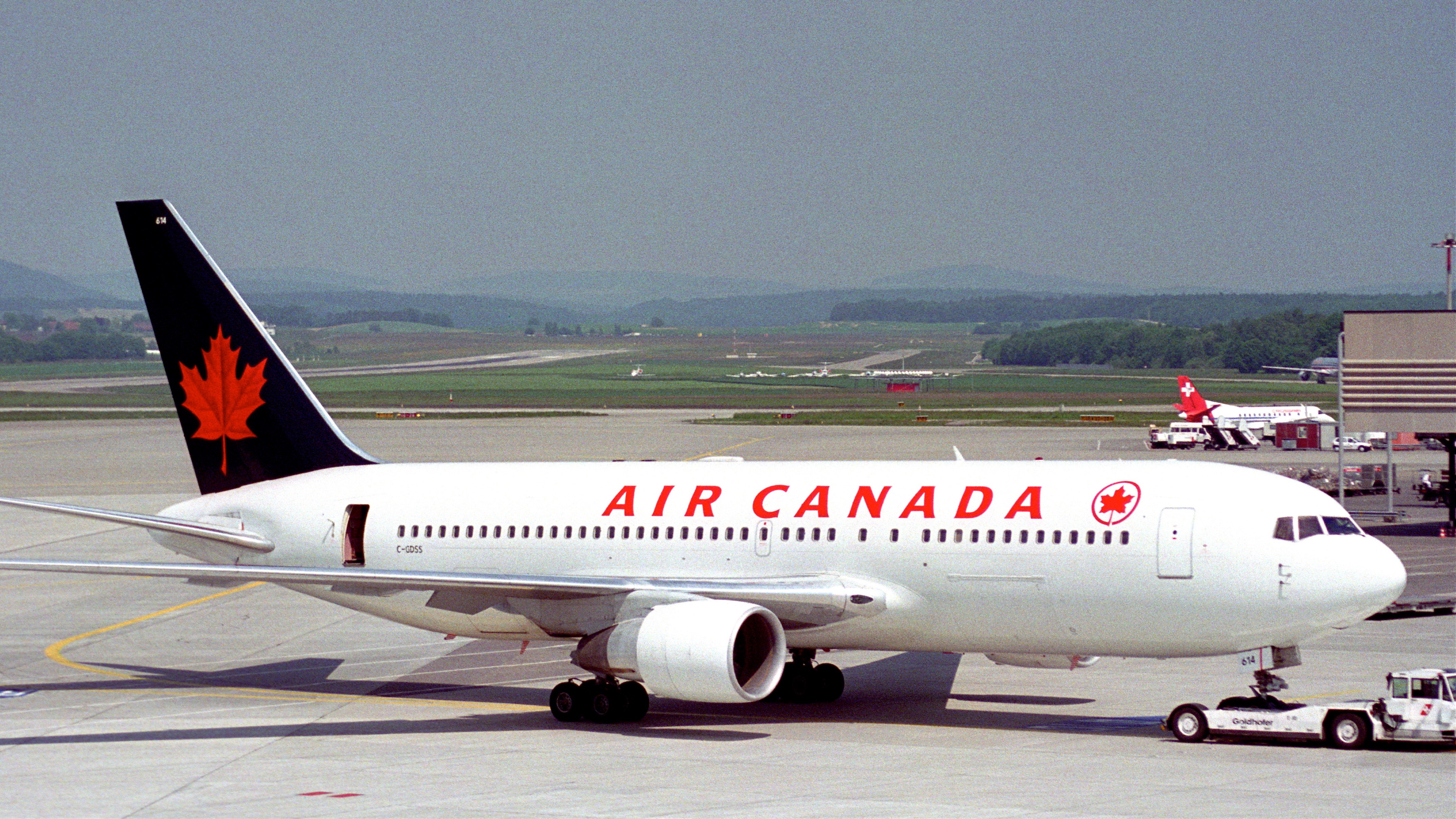Air Canada (TSX:AC)(TSX:AC.B), Canada’s largest airline company, announced better-than-expected second-quarter earnings results this morning, and its stock has responded by soaring over 7%. Let’s take a closer look at the results and the fundamentals of its stock to determine if the rally can continue and if we should be long-term buyers today.
Breaking down the better-than-expected results
Here’s a breakdown of 12 of the most notable statistics from Air Canada’s three-month period ended on June 30, 2017, compared with the same period a year ago:
| Metric | Q2 2017 | Q2 2016 | Change |
| Passenger revenues | $3,517 million | $3,143 million | 11.9% |
| Cargo revenues | $154 million | $111 million | 38.7% |
| Other revenues | $239 million | $204 million | 17.2% |
| Total revenues | $3,910 million | $3,458 million | 13.1% |
| Adjusted net income | $215 million | $203 million | 5.9% |
| Adjusted earnings per share (EPS) | $0.78 | $0.72 | 8.3% |
| EBITDAR (excluding special items) | $670 million | $605 million | 10.7% |
| EBITDAR margin | 17.1% | 17.5% | (40 basis points) |
| Net operating cash flow | $829 million | $658 million | 26% |
| Free cash flow (cash use) | $305 million | ($443 million) | N.A. |
| Aircraft in operating fleet at period-end | 393 | 380 | 3.4% |
| Revenue passengers carried (thousands) | 11,895 | 10,846 | 9.7% |
What should you do now?
It was a very strong quarter overall for Air Canada as it achieved record operating revenues, record EBITDAR, and ended the quarter with record liquidity levels. The results also crushed the consensus estimates of analysts polled by Thomson Reuters, which called for adjusted EPS of $0.36 on revenue of $3.79 billion. With all of this being said, I think the market has reacted correctly by sending its shares higher, and I think it still represents a great long-term investment opportunity today for two primary reasons.
First, it still trades at very attractive valuations. Air Canada’s stock still trades at just 6.1 times fiscal 2017’s estimated EPS of $3.53 and a mere 5.2 times fiscal 2018’s estimated EPS of $4.14, both of which are very inexpensive given its current earnings-growth rate and estimated 10.2% long-term growth rate.
Second, it has continued to add routes, which will fuel future growth. Air Canada launched 16 international and U.S. transborder routes in the second quarter alone, which helped the company serve a record 167,000 customers on June 29, and it expects to set a new record in August. Adding routes will help drive revenues higher in the years ahead, and if the company can keep its costs under control, which I think it can, this will lead to record financial results.
With all of the information provided above in mind, I think all Foolish investors seeking exposure to the airline industry should strongly consider beginning to scale in to long-term positions in Air Canada today.








